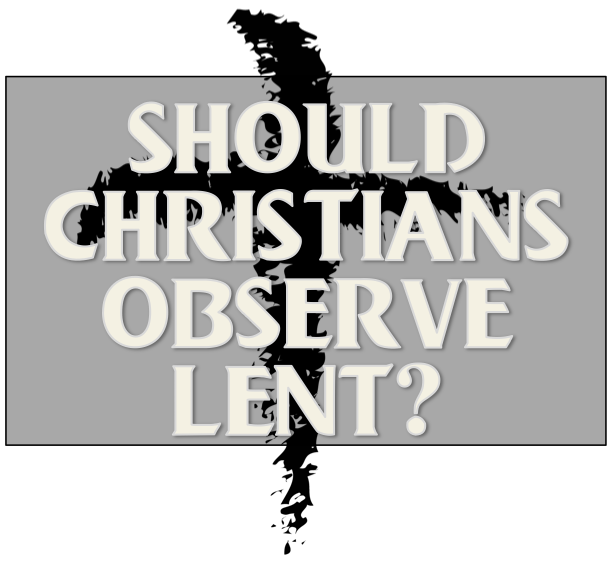by Shawn Brasseaux
My dear Catholic readers, I love you because the Lord Jesus Christ loves you. I politely write to you, but I will not compromise Scriptural truth for the sake of pleasing the masses. I would rather be frank with you and provide you with the knowledge to go to heaven, than give you a “sugar-coated message” and let you go to hell.
The average Catholic is unlearned regarding the concept of purgatory: some Catholics are unfamiliar with it, while other Catholics doubt its existence. The Catholic Encyclopedia states: “Purgatory (Lat., “purgare,” to make clean, to purify) in accordance with Catholic teaching is a place or condition of temporal punishment for those who, departing this life in God’s grace, are, not entirely free from venial faults, or have not fully paid the satisfaction due to their transgressions.” The problem with this concept is that Christ already “purged” our sins with His blood “by Himself” (Psalm 79:9; Hebrews 1:3). We simply rely exclusively on His death, shed blood, burial, and resurrection as means for salvation. The Lord Jesus Christ suffered for us, and we need not to suffer for our own sins.
Pope Gregory X and Pope John XXII both affirmed the teaching of the Roman Catholic Church (see quotes at end): “the souls of those who die in mortal sin or with original sin only, however, immediately descend to hell.” The Catholic Church teaches that idolatry is one of many mortal sins, worthy of immediate hellfire. Keep this in mind as we now refer to 2 Maccabees 12:38-46, a classic apocryphal passage used to “confirm” purgatory’s existence.
Beginning in verse 40: “And they found under the coats of the slain, some of the donaries of the idols of Jamnia, which the law forbiddeth to the Jews: so that all plainly saw, that for this cause they were slain.” In verse 46, Judas Machabeus “prays for the dead, that they may be loosed from their sins.” These slain people died because of idolatry (remember, a mortal sin), so Catholic teaching claims they went to hell to be punished. How was it possible to pray for someone who went to hell? That is a contradiction, which is not surprising because some apocryphal books do not even claim Holy Spirit inspiration.
- Pope Gregory X, Second Council of Lyons, 1274, ex cathedra (“from Peter’s chair”): “The souls of those who die in mortal sin or with original sin only… immediately descend into hell, yet to be punished with different punishments.”
- Pope John XXII in a letter “Nequaquam sine dolore” to the Armenians on November 21, 1321 repeated this declaration: “It [The Roman Catholic Church] teaches . . . that the souls . . . of those who die in mortal sin, or with only original sin descend immediately into hell; however, to be punished with different penalties and in different places.”



 Posted by Christian ambassador (Shawn Brasseaux)
Posted by Christian ambassador (Shawn Brasseaux) 




